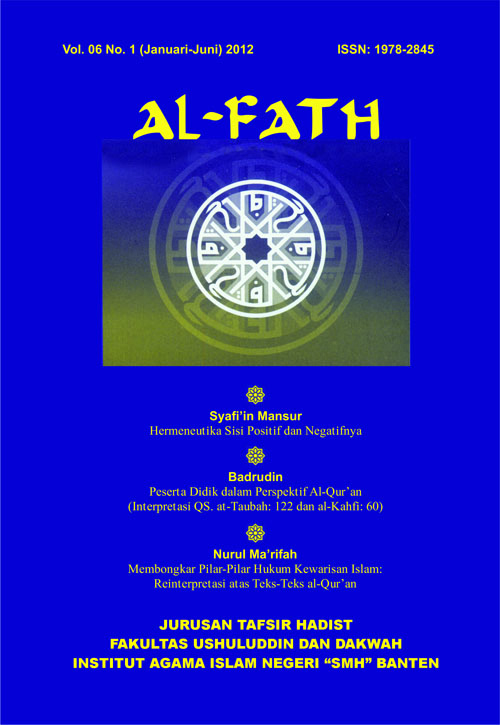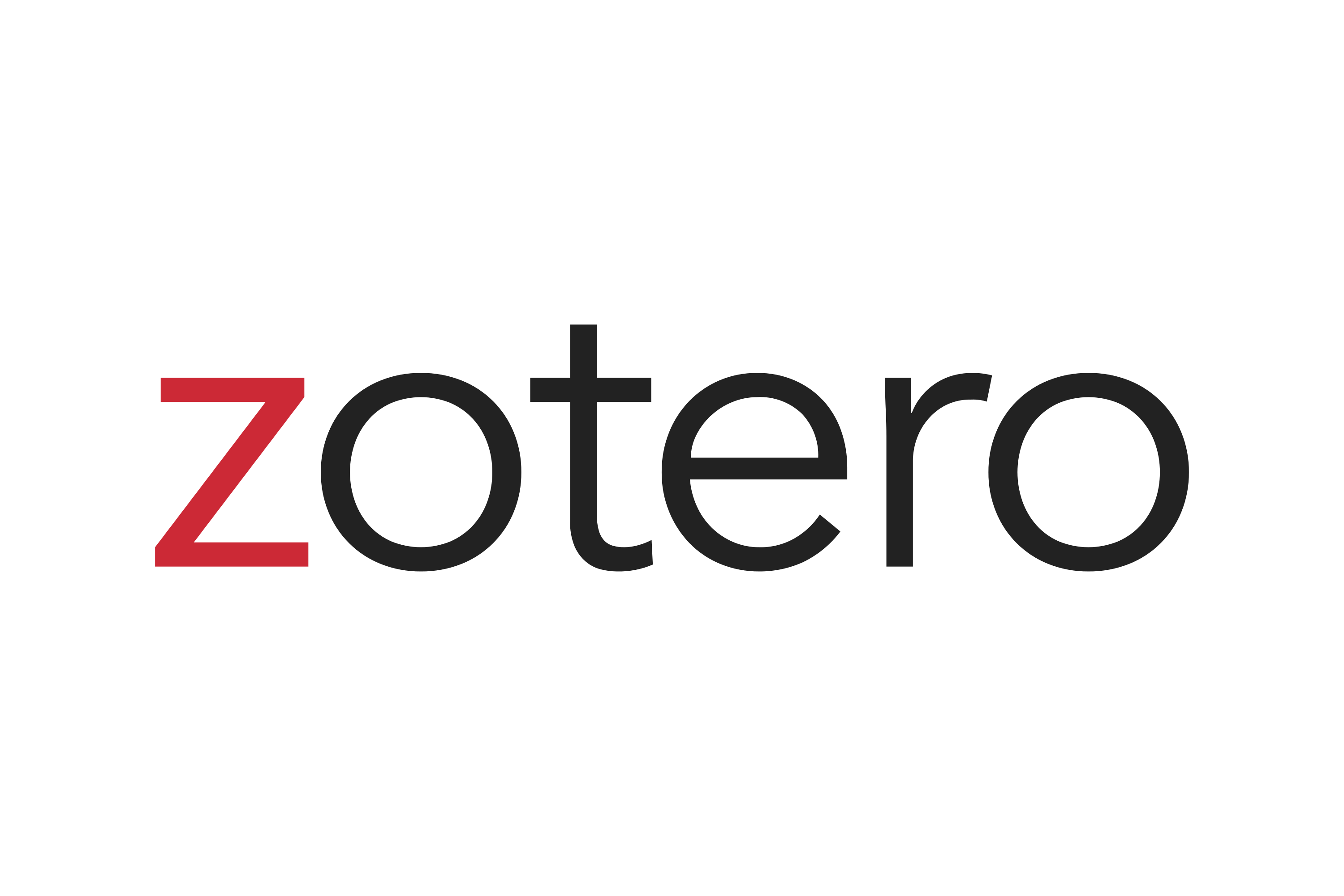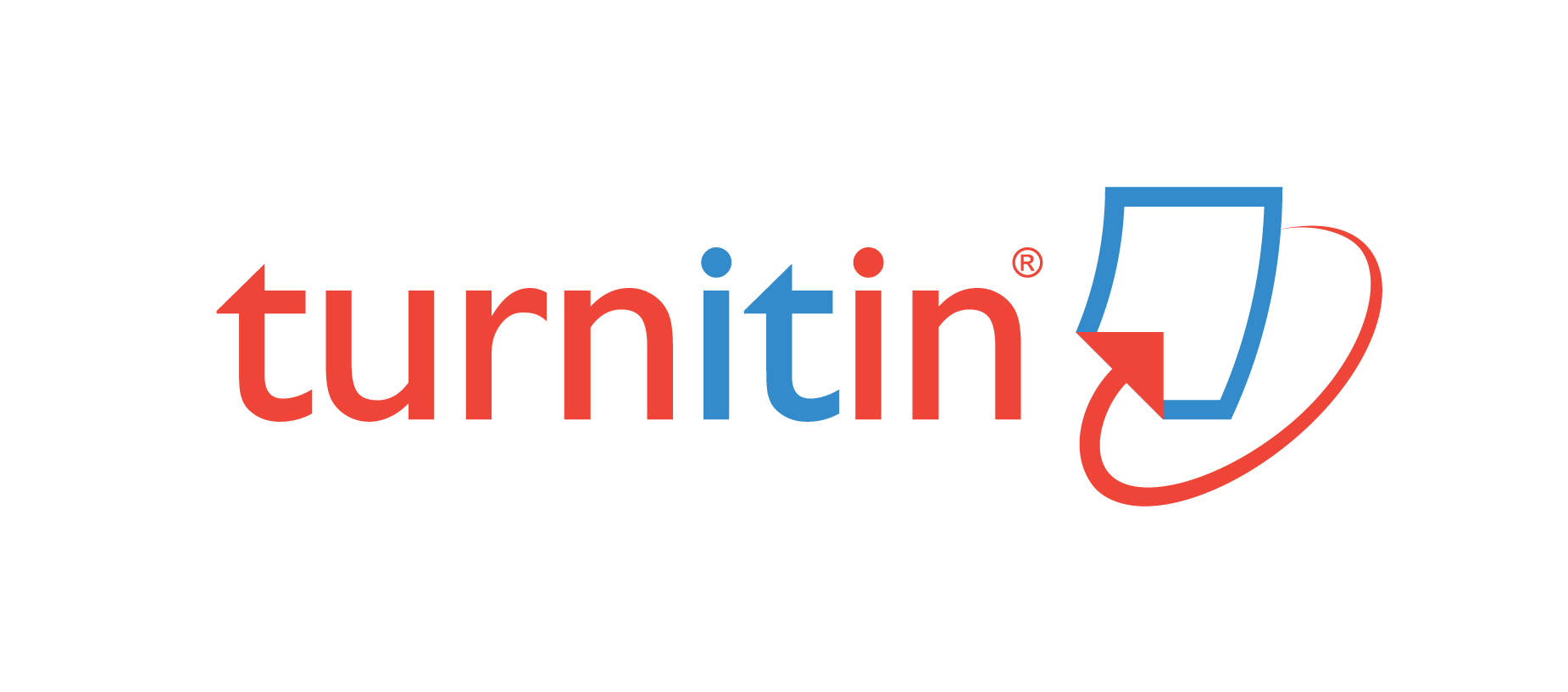Tasawuf Akhlaqi menurut al-Qur’an (Sebuah Tafsir Sufistik)
DOI:
https://doi.org/10.32678/alfath.v6i1.3210Keywords:
Tasawuf Akhlaqi, Al-Qur'anAbstract
Akhlak tasawuf adalah sesuatu yang menetap dalam jiwa dan muncul dalam perbuatan dengan mudah tanpa memerlukan pemikiran terlebih dahulu. Akhlak tasawuf bukanlah perbuatan, kekuatan, dan ma'rifah. Akhlak adalah "hal" atau kondisi jiwa dan bentuknya bathiniah. Al-Ghazali mengkaitkan antara akhlak dan tasawuf sebagai dua dimensi yang tak mungkin terpisahkan. Hal ini merupakan pengembangan ide Ibnu Maskawaih di era klasik, dan sesuai dengan pendapat kalangan Barat modem seperti Kohlberg, John Dewey dan Emile Durkheim. Al-Ghazali membagi akhlak tasawuf dalam Al-Qur’an menjadi mahmudah-munjiyat (baik dan menyelamatkan) dan madzmumah-muhlikat (buruk dan menghancurkan). Akhlak yang baik sesuai pesan Al-Qur’an adalah taubat, khauf, zuhud, sabar, syukur, keikhlasan, dan kejujuran, tawakkal, cinta, ridha, ingat mati. Sedangkan akhlak yang buruk adalah rakus makan, banyak bicara, dengki, kikir, ambisi dan cinta dunia, sombong, ujub dan takabbur serta riya'.
Downloads
Downloads
Published
How to Cite
Issue
Section
License
Copyright Notice

Al-Fath: http://jurnal.uinbanten.ac.id/ is licensed under a Creative Commons Attribution-ShareAlike 4.0 International License
An author who publishes in Al-Fath agrees to the following terms:
- Author retains the copyright and grants the journal the right of first publication of the work simultaneously licensed under the Creative Commons Attribution-ShareAlike 4.0 License that allows others to share the work with an acknowledgment of the work's authorship and initial publication in this journal
- Author is able to enter into separate, additional contractual arrangements for the non-exclusive distribution of the journal's published version of the work (e.g., post it to an institutional repository or publish it in a book) with the acknowledgment of its initial publication in this journal.
- Author is permitted and encouraged to post his/her work online (e.g., in institutional repositories or on their website) prior to and during the submission process, as it can lead to productive exchanges, as well as earlier and greater citation of the published work (See The Effect of Open Access).
Privacy Statement
The names and email addresses entered in this journal site will be used exclusively for the stated purposes of this journal and will not be made available for any other purpose or to any other party.










